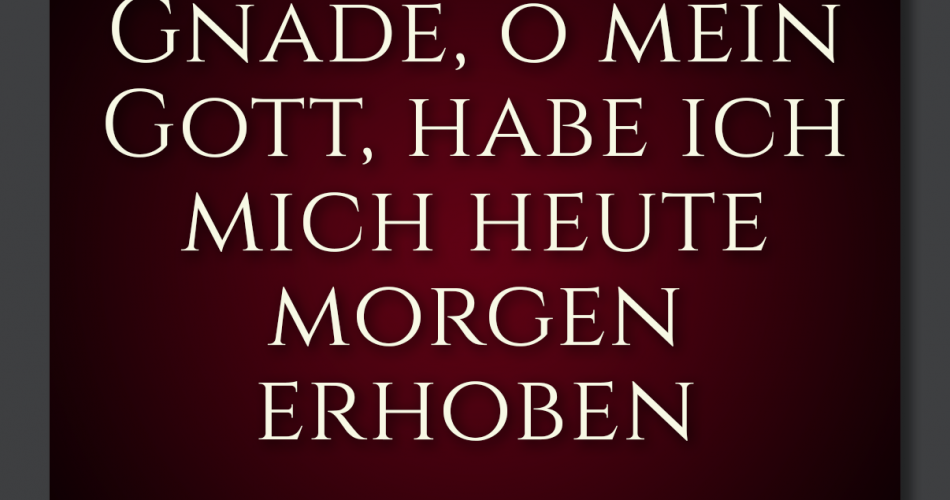Durch Deine Gnade, o mein Gott, habe ich mich heute morgen erhoben, ganz im Vertrauen auf Dich habe ich mein Haus verlassen und mich Deiner Obhut anbefohlen. Sende nun aus dem Himmel Deines Erbarmens Deinen Segen auf mich nieder und lasse mich wohlbehalten wieder heimkehren, wie Du mich ausziehen ließest unter Deinem Schutz, Deiner unentwegt gedenkend. Es gibt keinen Gott außer Dir, dem Einen, dem Unvergleichlichen, dem Allwissenden, dem Allweisen.
Bahá’u’lláh
يَا إِلَهِي اسْمُكَ شِفَائِي وَذِكْرُكَ دَوَائِي وَقُرْبُكَ رَجَائِي وَحُبُّكَ مُؤْنِسِي وَرَحْمَتُكَ طَبِيْبِي وَمُعِيْنِي فِي الدُّنْيا وَالآخِرَةِ وَإِنَّكَ أَنْتَ المُعْطِي العَلِيْمُ الحَكِيْمُ
حضرت بهاءالله
This short healing prayer, one of the most beloved of all Bahá’í prayers was revealed by Bahá’u’lláh as a part of Lawh-i-Tibb, also known as the “Tablet to a physician” and appears towards the very end of this tablet.
The Lawh-i-Tibb is a tablet containing specific teachings regarding medicine, health, and the nature of spiritual healing and was revealed by Bahá’u’lláh in ‘Akká in the late 1870’s and was addressed to Aqa Mírzá Muhammad-Riday-i-Tabib, a physician from Yazd, a man, according to Shoghi Effendi, who was a student of the old type of healing prevalent in the East and familiar with the terminology used in those days.
Aqa Mírzá Muhammad-Riday-i-Tabib was the recipient of a number of tablets from Bahá’u’lláh throughout his life. This most famous of the tablets he received has no authorized translation in English yet, though some provisional translations can be found online. The only part of the Tablet that has been officially translated is this short healing prayer.
Interesting Fact
The recurring long I in this prayer, which sounds like “ee” and gives the impression of rhyme, is a marker for the first-person singular pronoun “my” that is attached to nouns to make them possessive. Hence, shifáʼ means “healing,” and shifáʼí means “my healing.”
Further References
